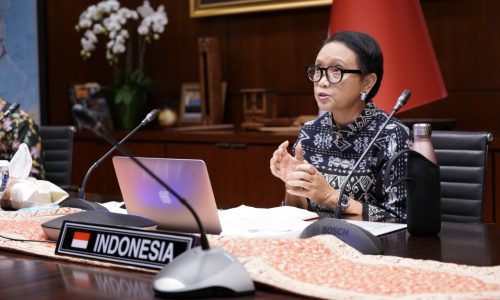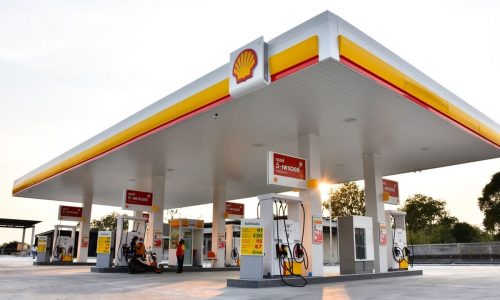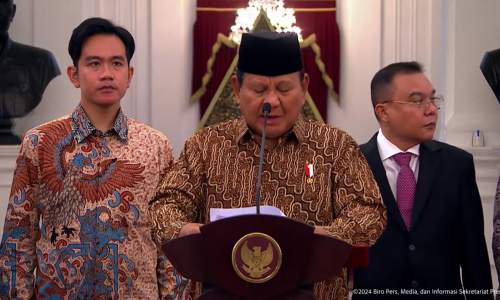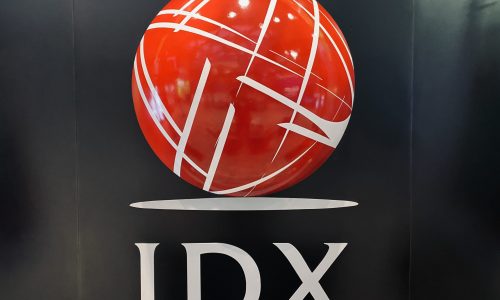Minister of Energy and Mineral Resources (ESDM), Arifin Tasrif, reveals that he will soon issue a ministerial regulation on carbon capture and storage (CCS).
“We are the fastest nayion in issuing regulation on carbon capture and storage (CCS) and carbon capture, utilization, and storage (CCUS). Malaysia will issue the regulation in September, whie we have started six months earlier,” Arifin said on Friday, August 2, 2024.
He said the ministerial regulation of CCS and CCUS will included the business permit, CCS and CCUS at upstream oil and gas, definition of carbon, domestic storage capacity, measurement reporting and verification, cross border CO2 transportation requirement, carbon economic value, guarantee fund, and operational safety.
Indonesia, he said, has a total potential CO2 storage of 577.6 giga tons, with 572.8 giga tons of saline aquifer to store CO2 and 4.8 giga tons depleted oil and gas. “We have to study the saline aquifer in detail,” he added.
Currently, there are 15 CCS/CCUS projects in Indonesia at study phase or preparation phases. One of the projects is PERTAMINA’s cooperation with Exxon Mobile in Sunda Asri Basin. The project will prioritize domestic carbon capture before making it as a hub with the portion of 70 percent: 30 percent − 70 percent for domestic carbon capture, and 30 percent for storing carbon from outside Indonesia.
The cost estimation for injection cost of CO2 is different on various projects. For example, on Natural Gas Refinery in Gundih, East Java , the cost is between US$43 to US$53 per ton of CO2. The total injection of CO2 is at 0.3 million tons per year, with the injection investment at US$105 million.
Then, the injection cost of CCS project at LNG production in Tangguh, West Papua is at US$33 per ton. With total carbon injected at 2.5 to 3.3 million tons of CO2 per year, the total investment of injection is US$1.4 billion.
And the injection cost of CCS project at coal gasification at Tanjung Enim, South Sumatra is between US$50 to US$55 per ton. With a total of 3 million tons of CO2 per year, the investment for the injection is US$1.6 billion.









